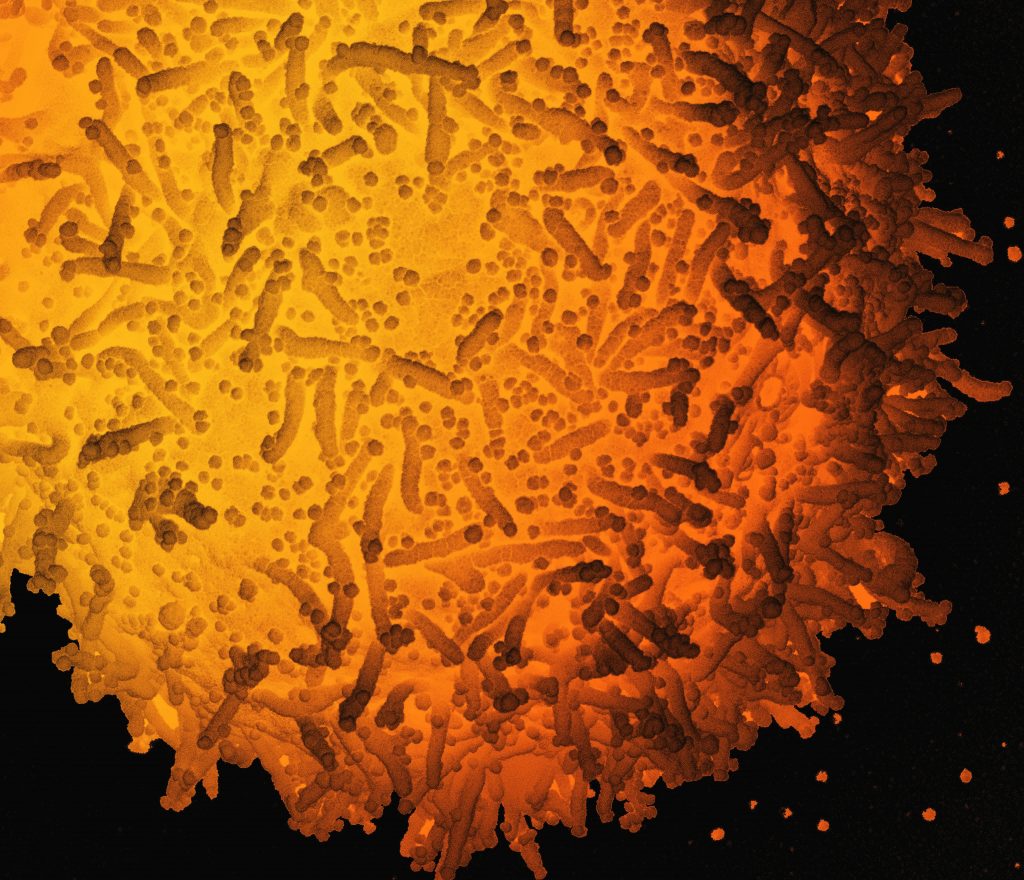
Introduction to Scalp Microbiome
Recent scientific studies have shed light on the critical role that the scalp microbiome plays in hair health and growth. The scalp, much like the gut, hosts a diverse community of bacteria, fungi, and viruses, which constitute its microbiome. This complex ecosystem directly influences scalp health, which in turn impacts hair growth and quality.
Key Components of the Scalp Microbiome
The scalp’s microbiome is primarily composed of various microorganisms that maintain scalp health and support hair growth. Predominant among these are bacteria such as Propionibacterium and Staphylococcus, and fungi like Malassezia. Disruptions in this delicate balance can lead to common scalp conditions such as dandruff, seborrheic dermatitis, and even hair loss.
Impact of Nutrition on Scalp Health
- Probiotics: Consuming probiotic-rich foods like yogurt, kefir, and sauerkraut can help balance the scalp’s microbiome.
- Omega-3 Fatty Acids: Foods high in omega-3s, such as fish, flaxseeds, and walnuts, are known to reduce inflammation, potentially benefiting the scalp.
- Vitamins and Minerals: A diet rich in vitamins A, C, D, and E, as well as minerals like zinc and selenium, supports healthy hair follicles.
Scientific Studies and Case Examples
Research highlights the importance of the microbiome in scalp health. A study published in the Journal of Dermatological Science found that individuals with healthy scalps tend to have a higher diversity of microbial species, which helps protect against pathogens and balances the skin’s pH. Another case study demonstrated how altering diet to include more probiotics led to noticeable improvements in scalp health and hair thickness in several participants over a six-month period.
Healthy Lifestyle Practices for Optimal Scalp Health
- Regular Cleansing: Keeping the scalp clean reduces the buildup of oils and dead skin, which can disrupt the microbiome.
- Avoiding Harsh Chemicals: Many hair care products contain substances that can damage the scalp’s natural barrier and microbiome.
- Stress Management: High stress levels can negatively affect the microbiome, so practices like meditation and regular exercise are beneficial.
Conclusion
In conclusion, the health of the scalp’s microbiome plays a crucial role in hair growth and overall hair health. By understanding the factors that influence this complex ecosystem, individuals can adopt nutritional and lifestyle habits that promote a balanced microbiome, leading to healthier, stronger hair. Embracing a holistic approach to scalp health not only enhances hair growth but also contributes to the body’s overall well-being.
As research continues to evolve, the link between the scalp microbiome and hair health remains a promising field for further exploration and could revolutionize treatments for hair loss and scalp conditions in the future.
